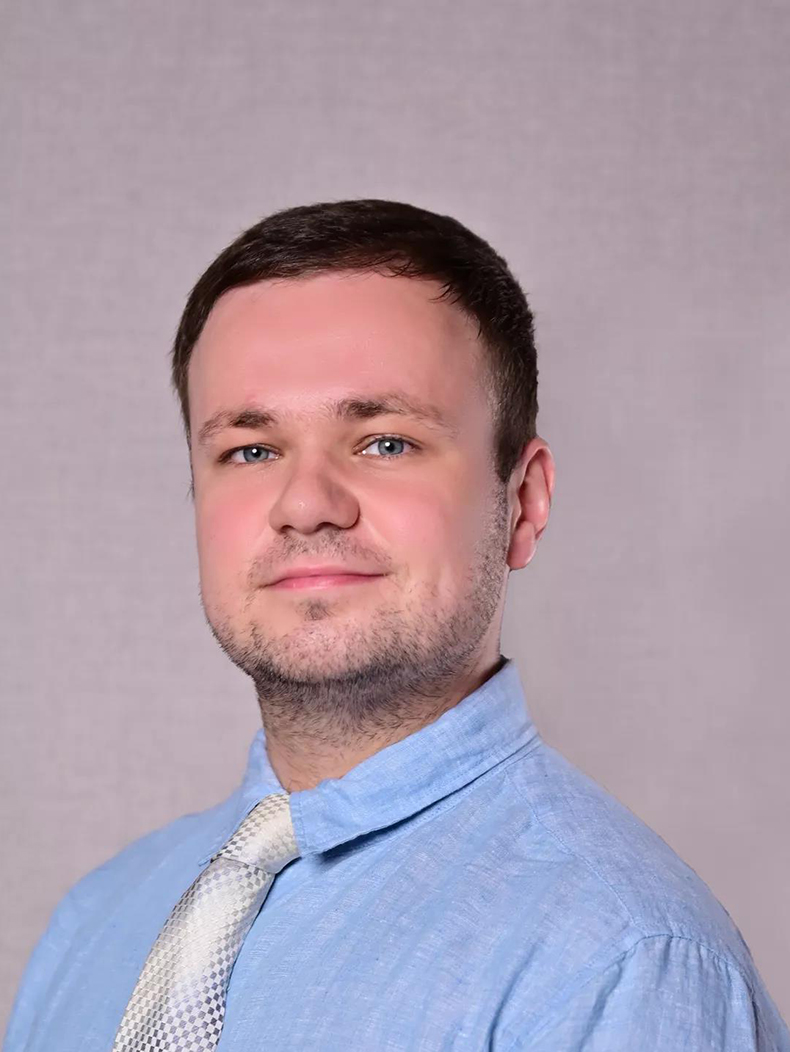
Matthew Carey
Secondary Global Perspectives
Mr.Matthew Carey is originally from London, United Kingdom, and has a Bachelors Degree in History. His desire to teach and help students grow, as well as discover a vibrant new culture, brought him to China, where he has been teaching for the past 3 years. He has taught a range of students from Primary to Secondary level, and has taught in both bilingual and international schools in China. He has experience with the IB curriculum, which has been hugely beneficial for developing his teaching methods and style. He has been living in Guangzhou for the past 3 years, and has rapidly come to love the mix of tradition and modernity in China’s southern metropolis!
“I believe that we should strive to help our children become self-confident, independent learners. In today’s modern world, I feel like it’s also absolutely crucial that our children speak more than one language – so I am very excited that BIS supports students’ mother tongues, as well as helping to develop their proficiency in both English and Chinese. As someone who is learning Chinese myself, I feel that learning another language opens a window to a completely different culture, as well as being an invaluable life skill that can be useful in so many different situations.”
What is Global Perspectives?
Six Skills Students Need to Learn
I’m Mr. Matthew Carey. I have 5 years of teaching experience in China and I've been here at BIS for 2 years. I'm originally from the UK and my major was history. I am very happy to continue teaching global perspectives this year.
What is global perspectives? Global perspectives is a subject that combines lots of different elements. Some from science, some from geography, some from history and some from economics. And it helps students think critically and learn to analyze, evaluate, collaborate, reflect, communicate and research. These six skills are the main skills that students learning global perspectives. It's a bit different from some other subjects. Because there's not a list of content that students need to learn but rather, students spend time working together to develop these skills.

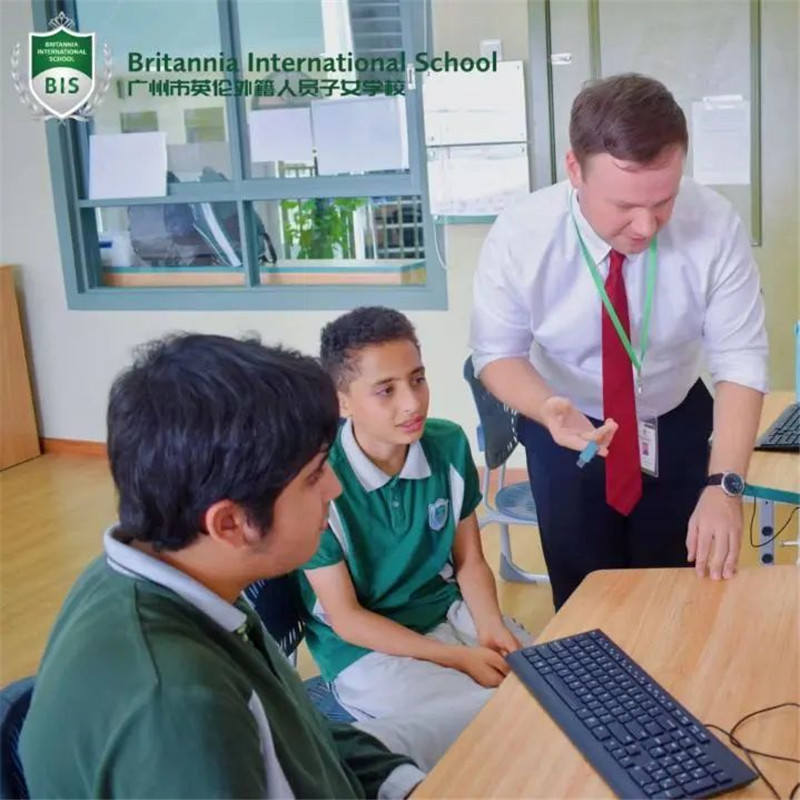
Research Topics
A Plan of a School
Students might carry out a research project about why two countries go to war or they might investigate why education is important, or they might do research into which careers would suit them best. Some of these topics are things that years 7, 8 and 9 have all done over the course of this year. At the end of year nine students will write their own essay of 1,000 words on a topic of their choosing. Some of the topics that the students did this year include education conflicts and family matters. For example, we have a plan of a school. As part of this unit, students investigated and reflected on what the most important things a school needs and the things that every school should have. And then they use their creativity to come up with their own design for a school. So they could design any school they wanted. They got a school with a swimming pool. They got a school with robots that cook food. They got science lab and robots to clean the building. This is their image of a school of the future. In this project, the students topic was sustainability. They looked at what objects or everyday products are made of. They found out what materials they are made of and how they're made, and then how they used and what happens after they're used. The purpose of this exercises for students is to find out about things that they've used in their lives and then work out how they can reduce waste or how they can recycle elements that are used in daily products.
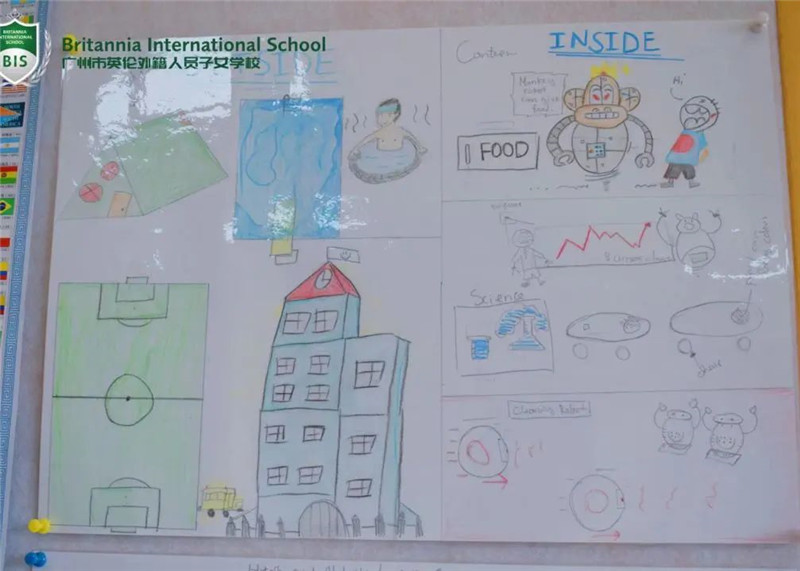
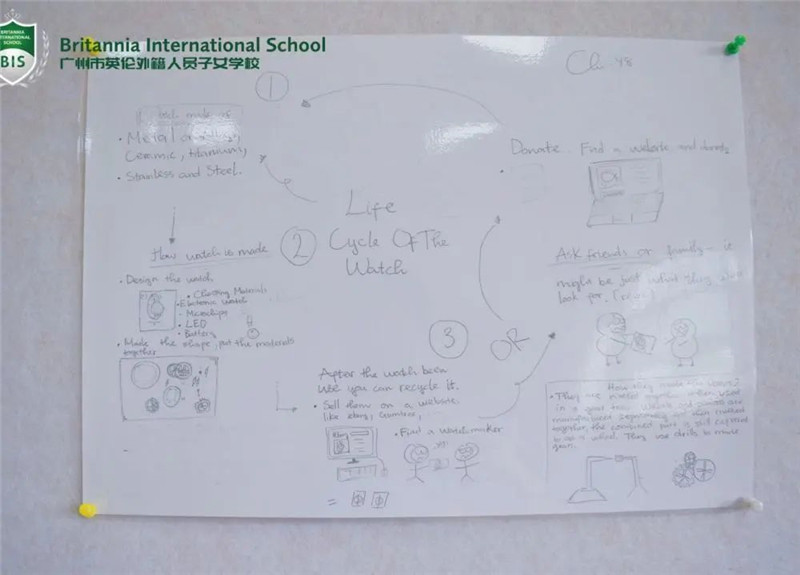
My Favorite Unit
A Courtroom Role Play

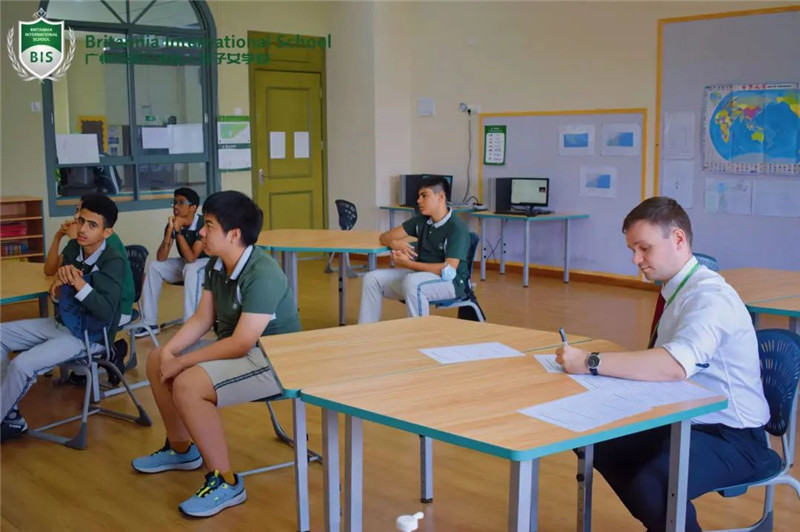
One of my favorite units to teach this year was about law and criminality. Students researched different controversial law cases and then they had to research from the point of view of a lawyer. They worked in groups. And one student had to defend the person who committed the crime. One student had to prosecute them and say why they need to go to jail. And then other students would act as witnesses. We had a courtroom role play. I was the judge. The students were the lawyers. Then we discussed and debated the evidence. Then other students act as the jury. They had to vote whether the criminal should go to jail or not. I think that was quite a good project, because I could really see that all the students were getting quite involved and they really had a stake. They were really listening to the evidence. They can make their decision.
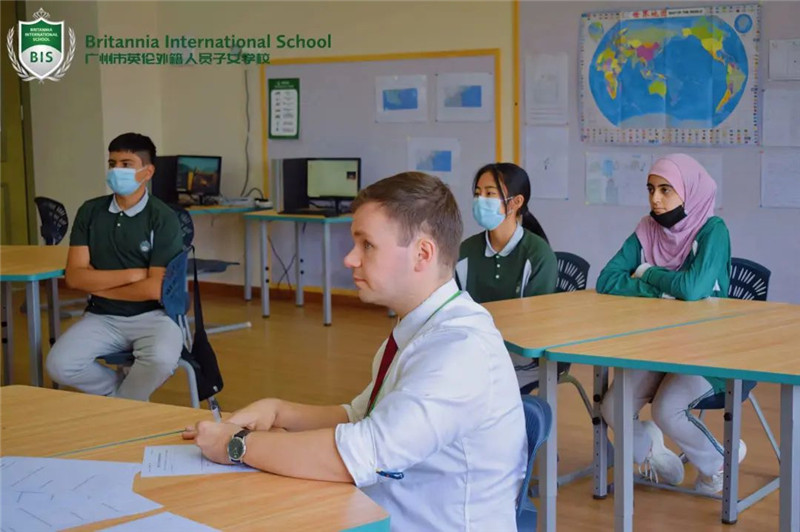

Post time: Dec-16-2022







